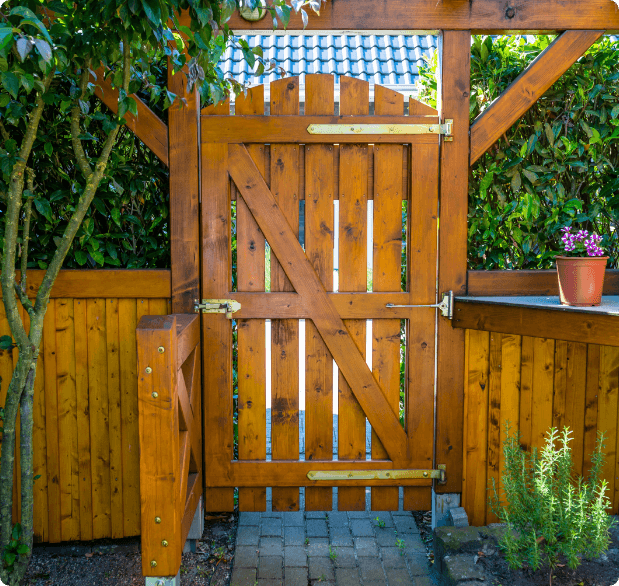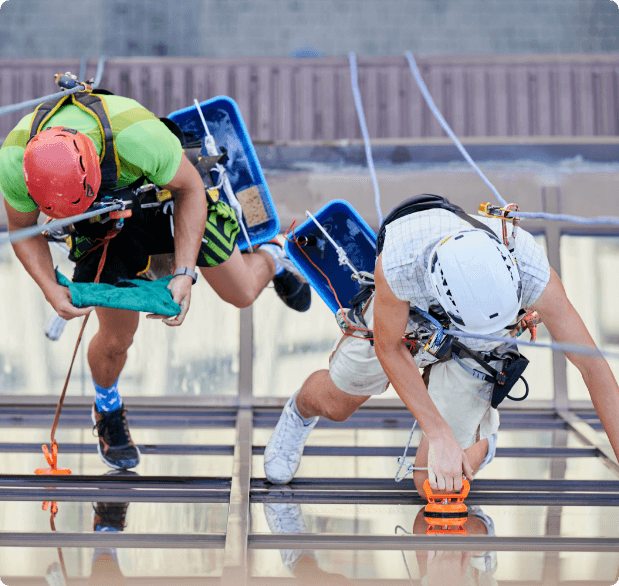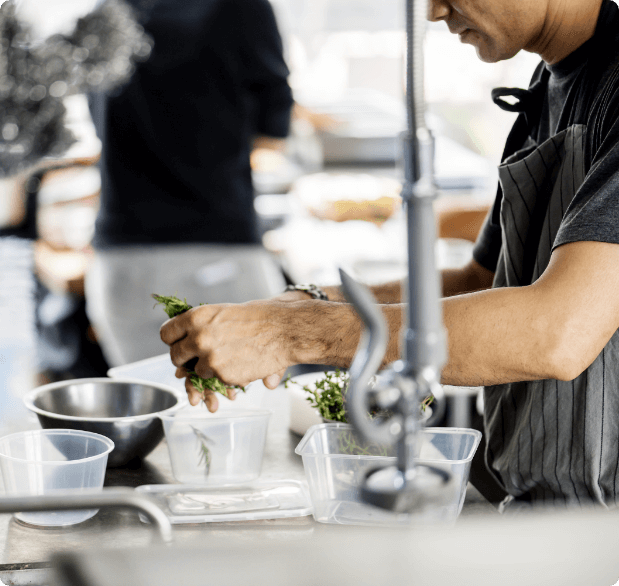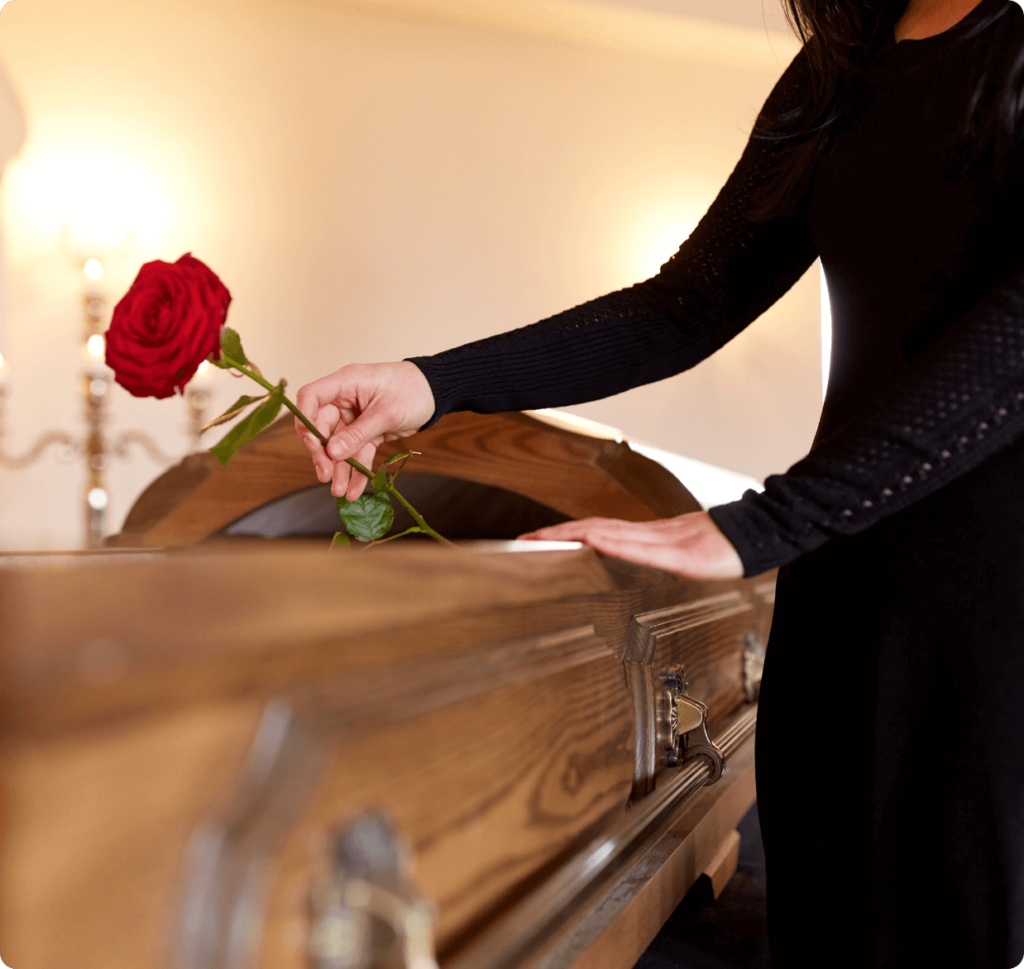SIGN UP
LOG IN

Employee illness, property damage and bodily injury are just a few of the many risks that can threaten the financial health of your cleaning business if you’re not adequately insured. Cleaning insurance is designed to protect you from the negative effects these risks could cause, helping you to stay in business and remain profitable.
Professions that commonly need cleaning insurance include:
Your cleaning insurance cost will typically depend on the specific types of cleaning services you do. For example, a house cleaning business typically dusts, vacuums and mops, while a commercial cleaning business usually waxes floors, and cleans around large machinery. These variances expose each business to different levels of risk that’ll likely cause their rates to differ. Insurance companies generally consider your coverage needs, claims history, number of employees and other factors before providing you with a final rate.
General Liability: Some clients might require you have this common coverage before you can work for them. It can cover instances of bodily injury and property damage that happen while on the job.
Commercial Auto: Coverage for vehicles used to travel to jobsites and transport work supplies like towels, mops, buckets and cleaning products. We insure vehicles commonly used by cleaning businesses including cargo vans and cars.
Business Owners Policy (BOP): Combines general liability coverage with protection for your commercial buildings and personal property into one package.
Workers’ Compensation: Coverage if your employees become injured or ill while at work.

Typically, homeowners insurance covers fence damage under your policy’s other structures coverage, if the fence is maintained well and the damage isn’t caused by carelessness. For example, if a well-maintained tree collapses and demolishes your fence, your insurance company will most likely cover the damage. However, if the tree that causes the damage was diseased or maintained poorly, your insurance company could deny the claim.
Homeowners insurance may cover fences blown down by wind and other wind-related fence damage, as long as your policy doesn’t exclude wind coverage. Just as with fence damage from a storm, the fence needs to have been maintained well before the wind event.
When a car crashes into your fence, you have multiple options. Most likely, you’ll hold the driver accountable and file a claim against their car insurance policy. All states but New Hampshire require drivers to have a specific amount of property damage liability coverage, so the at-fault driver’s insurance may cover the damage. Alternatively, you could file a claim with your homeowners policy, but you’d need to meet your deductible before coverage kicks in.

Working with something as sharp and fragile as glass means high liability. Business insurance protects glass companies and glaziers from medical bills and other unexpected costs. It can cover a lawsuit filed by an injured customer, or accidental damage to a window pane. Some policies, like workers’ compensation, are required by law.
A general liability policy covers basic third-party business risks, such as a customer injured by broken glass. Bundle with commercial property insurance for savings in a business owner’s policy (BOP).
This insurance covers the cost of accidents involving your glass company’s vehicle. Most states require it for business-owned vehicles.
Most states require workers’ comp for glass and glazing businesses that have employees. It also protects sole proprietors from work-related medical bills that health insurance might deny.
This policy helps pay for repair or replacement of glass cutters, vacuum cups, and other glass and glazing tools if they are lost, stolen, or damaged. It’s a type of inland marine insurance.
A small business with a few workers will pay less for insurance than a large company. Factors that affect premiums include:

You are exposed to various risks based the type of work you are doing. Handyman insurance with basic general liability coverage can help protect you from many of the unexpected financial challenges that could result from those risks.
Many factors influence the cost of insuring your business including the type of work you accept, specific contractual requirements and if you have employees. A handyman who performs more dangerous labor-intensive tasks can expect their insurance costs to differ from a handyman who does not.
Cost is always a consideration, especially if you are just starting out or on a tight budget. This causes many to prioritize finding the cheapest handyman insurance possible. But while you don’t want to overpay, you also shouldn’t compromise adequate coverage for a cheap price. Make sure you get what you need.
Protects handyman contractors against financial liabilities resulting from accidents for which they’re found legally liable.
Usually needed if you use your vehicle for work. This can include driving to sites or transporting tools, ladders and other work supplies. We offer coverage for many types of vehicles and trailers that are common to handyman contractors.
Business Owner's Policy (BOP)
This extends general liability insurance to include coverage for things like commercial buildings and personal property.Workers' Compensation
Coverage for employees who become ill or injured while at work.This extends general liability insurance to include coverage for things like commercial buildings and personal property
Coverage for employees who become ill or injured while at work.

Restaurants are exposed to a wide range of risks that make them vulnerable to lawsuits and other crippling liabilities. Kitchens can be dangerous, food can go bad, and large numbers of people frequenting restaurants are obvious risk factors. Restaurant insurance protects against these types of risk and helps prevent financial situations that are impossible to overcome.
Businesses that cook and serve food should have adequate restaurant insurance. Business types can include:
Each restaurant has its own unique qualities that expose them to different types of risk. For this reason, the cost varies from business to business. Common factors that influence your rate include the types of food you sell, cooking methods, and your building and employees, to name a few.
For example, a small coffee shop with limited cooking can expect their insurance cost to differ from a large tavern with a bar and full-sized industrial kitchen with fryers and ovens. For a custom rate that best matches your restaurant, start a quote online, or call us today.
Packages commercial property and liability coverage into one policy. This is a very common insurance strategy for restaurants.
A fundamental coverage that protects restaurants against lawsuits and other financial liabilities resulting from accidents or other mishaps. This includes things like food illness, and customer slips and falls.
Protects if your employees become injured or ill while at work.
Typically needed if you have a vehicle used for deliveries or other business use.

We can offer you a comprehensive suite of aviation insurance options. We can offer multi lines within aviation for individual clients. Coverage extends to traditional and specialized companies from component manufacturers to airport operators.
A full range of aerospace product liability insurance solutions for manufacturers, distributors, maintenance, repair, and overhaul operations.
Provides aviation hull and liability coverage for various classes of airlines, from small scheduled charter to international wide body operators; offering significant limits of liability and insurance capacity to help protect airlines’ assets.
Products and services tailored to cover the potential liabilities arising from the operation of an airport, private strip, or heliport, whether owned or operated, as well as the risk from ground handlers and service providers.
A full range of coverage for various types of aviation-related exposures utilizing guaranteed cost, large deductible, and retrospective rating plans.
General Aviation. Cost-efficient, flexible protection, and superior hull and liability coverage for owners, operators, and aircraft management companies.
We offer tailored cover for everything from hull damage and third-party liability to product liability including war and terrorism. Our appetite includes:


Typical clients include, but are not limited to, the following:

Funeral home insurance is insurance specialized to the unique needs of funeral homes. Choosing the best funeral home insurance coverage is vital as it can protect you and your business from the devastating cost of a loss, from a mourner’s slip and fall to a commercial vehicle accident during a procession.
The cost of funeral home business insurance is different for each funeral home. Things like business size and coverage needs will determine how much your funeral home insurance policy will cost.
This funeral home insurance coverage protects against accidents that can occur at your business and any resulting lawsuits. For example, at a viewing a guest trips on a flower display and is injured. This coverage could cover their medical expenses.
A BOP combines general liability with property damage coverage into one easy-to-manage policy.
Also called Errors and Omissions insurance, this coverage protects against claims of professional negligence. For example, a family claims their loved one’s funeral was mishandled and sues.
it covers your employees for any injuries or illnesses that occur at work.
If you use your vehicle for business, like as the lead car in a procession, you’ll need commercial auto. We insure a variety of vehicles often used by funeral homes, included hearses.